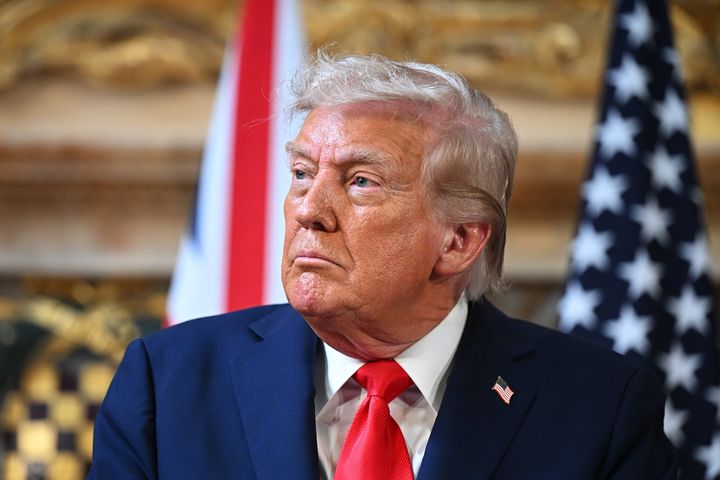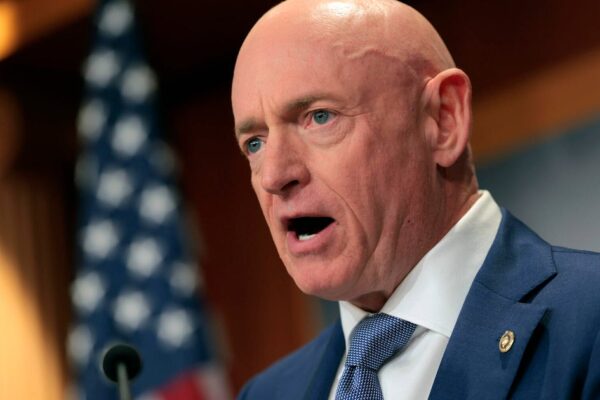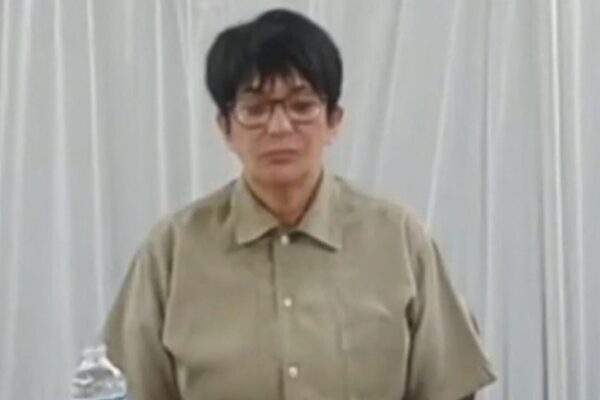
White House confirms 100pc pharma tariff threat won’t apply to Ireland or EU
Asked whether pharmaceutical tariffs apply to trading partners such as the European Union and Japan that already have trade deals, a White House official confirmed that the Trump administration would honour the 15% tariff cap as part of those pacts. This statement came after President Trump announced a series of import taxes, including a 100% tariff on branded pharmaceutical drugs, set to begin on October 1.
In response, Tanaiste Simon Harris welcomed the confirmation of the exemption from the new tariffs, which could have severely impacted Ireland’s multinational pharmaceutical manufacturing sector.
“I welcome confirmation from White House officials this evening that the new tariffs outlined by President Trump in relation to pharma overnight will not apply to the EU, including Ireland, as a result of the EU-US framework agreement,” Mr. Harris said.
He added, “This is further proof of the benefit of having a negotiated trade agreement and the benefits of the very intensive work that we in Ireland and at a European Union level undertook over many months with the US administration to ensure this trade deal is in place.”
The Tanaiste also emphasized his commitment to ongoing negotiations, stating, “I intend to continue to intensively engage both with the EU and with the US administration, as I have been in recent days in New York and Washington DC, to seek further progress on the removal of trade barriers between the EU and the US in the time ahead.”
President Trump’s announced import taxes include not only the 100% tariff on branded pharmaceutical drugs but also 50% on kitchen cabinets and bathroom vanities, 30% on upholstered furniture, and 25% on heavy trucks. His social media posts revealed that his commitment to tariffs extends beyond the trade frameworks and import taxes introduced in August, reflecting his confidence that tariffs will help reduce the US government’s budget deficit while boosting domestic manufacturing.
However, these additional tariffs risk intensifying inflation—already elevated—and slowing economic growth. Employers, adjusting to previous import taxes, now face increased uncertainty.
While Britain has struck a trade deal with the US, it does not yet include pharmaceuticals, leaving it exposed to the 100% tariff rate.
President Trump also stated on his platform, Truth Social, that pharmaceutical tariffs would not apply to companies building manufacturing plants in the United States—defined as either breaking ground or being under construction. It remains unclear how the tariffs will affect companies with existing US factories.
In August, Mr. Trump imposed a 15% tariff on most pharmaceutical exports from the European Union. Ireland is one of the largest exporters of pharmaceutical products to the US from the EU, accounting for $33 billion of $120 billion in pharmaceutical exports to the US last year. This ongoing announcement has caused further uncertainty for Ireland’s pharmaceutical industry.
Writing this morning, Tanaiste Simon Harris reiterated, “I want to stress, however, that the EU and US Joint Statement issued on 21 August last made absolutely clear that any new tariffs announced by the US on pharmaceuticals would be capped at 15% for products exported by the EU.”
He underlined, “This remains the case and underlines again the value of the agreement reached last month.”
Mr. Harris was returning home after a series of meetings in New York and Washington, including one with US Secretary of Commerce, Howard Lutnick, where reportedly there was no indication of a new 100% tariff.
In 2024, America imported nearly $233 billion in pharmaceutical and medicinal products, according to the US Census Bureau. The prospect of drug prices doubling for some medicines could send shockwaves among voters as healthcare expenses, including costs for Medicare and Medicaid, potentially rise.
President Trump justified the tariffs on furniture and cabinets by claiming that foreign manufacturers were flooding the United States with their products, stating that tariffs must be applied for national security and other reasons.
The new tariffs on cabinets could further increase costs for homebuilders at a time when many prospective buyers feel priced out due to housing shortages and high mortgage rates.
Regarding heavy trucks, the president said, “Foreign-made heavy trucks and parts are hurting domestic producers. Large truck company manufacturers, such as Peterbilt, Kenworth, Freightliner, Mack Trucks, and others, will be protected from the onslaught of outside interruptions.”
Since launching his tariff strategy in August, Mr. Trump has maintained that tariffs are key to compelling companies to invest more in domestic manufacturing facilities. He has dismissed concerns that importers might pass on much of the tax cost to consumers and businesses through higher prices.
Despite his claims that inflation is no longer an economic challenge, data show otherwise. The Consumer Price Index has increased 2.9% over the past 12 months, up from an annual pace of 2.3% in April, when Mr. Trump first implemented his sweeping import taxes.
Moreover, there is no clear evidence that these tariffs are creating factory jobs or stimulating construction of manufacturing facilities. Since April, the Bureau of Labor Statistics reported that manufacturers cut 42,000 jobs, and builders reduced their workforce by 8,000.
“There’s no inflation,” Mr. Trump told reporters on Thursday. “We’re having unbelievable success.”
https://www.independent.ie/world-news/north-america/white-house-confirms-100pc-pharma-tariff-threat-wont-apply-to-ireland-or-eu/a2017268476.html
You may also like
推荐阅读
You may be interested
Globe bets on prepaid fiber, sets expansion
No content was provided to convert. Please provide the text...
Bragging rights up as Samal makes 5150 debut
A stellar Open division field will be shooting for the...
DigiPlus launches P1-M surety bond program
MANILA, Philippines — DigiPlus Interactive Corp. has partnered with Philippine...
 The New York Times
The New York Times
- What We Know About the Kidnapping of Nancy Guthrie, Savannah Guthrie’s Mother 2026 年 2 月 14 日 Claire Moses
- Thousands Rally for Iran Regime Change in Cities Around the World 2026 年 2 月 14 日 Sanam Mahoozi, Jonathan Wolfe and Abdi Latif Dahir
- Trump Erased the Endangerment Finding. Here Come the Lawsuits. 2026 年 2 月 14 日 Karen Zraick
- How ICE Is Pushing Tech Companies to Identify Protesters 2026 年 2 月 14 日 Sheera Frenkel, Christina Thornell, Valentina Caval, Thomas Vollkommer, Jon Hazell and June Kim
- Navalny Was Poisoned With Frog Toxin, European Governments Say 2026 年 2 月 14 日 Anton Troianovski, Nataliya Vasilyeva and Lynsey Chutel
- The Sea Took Her Prosthetic Leg. Months Later, It Gave It Back. 2026 年 2 月 14 日 Isabella Kwai
- Open Road 2026 年 2 月 14 日 Melissa Kirsch
- New U.S. Boat Strike Kills 3 in the Caribbean 2026 年 2 月 14 日 Carol Rosenberg
- How Former N.Y.C. Schools Chief Joel Klein Became Friendly With Epstein 2026 年 2 月 14 日 Dana Goldstein
- Welcome to the Voyage of the Damned 2026 年 2 月 14 日 Maureen Dowd



Leave a Reply